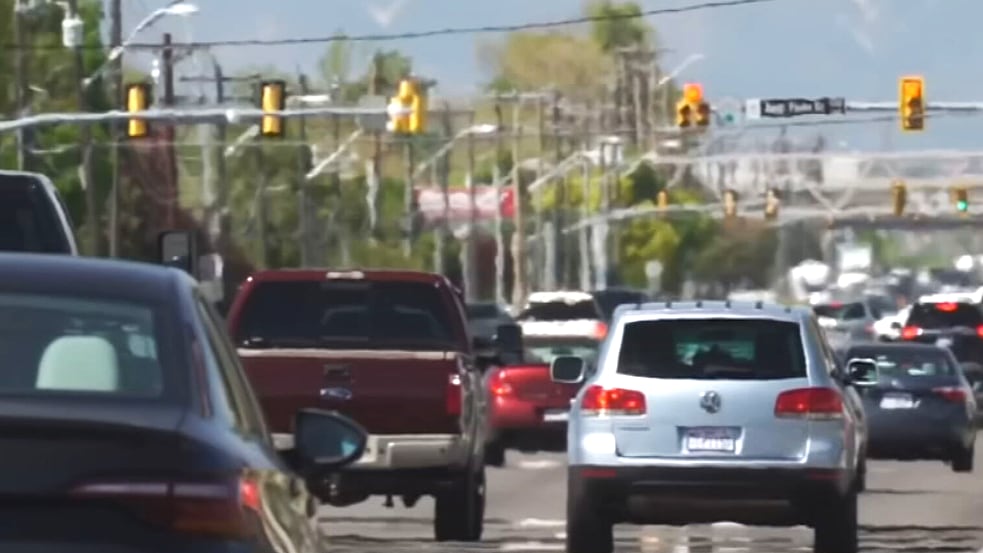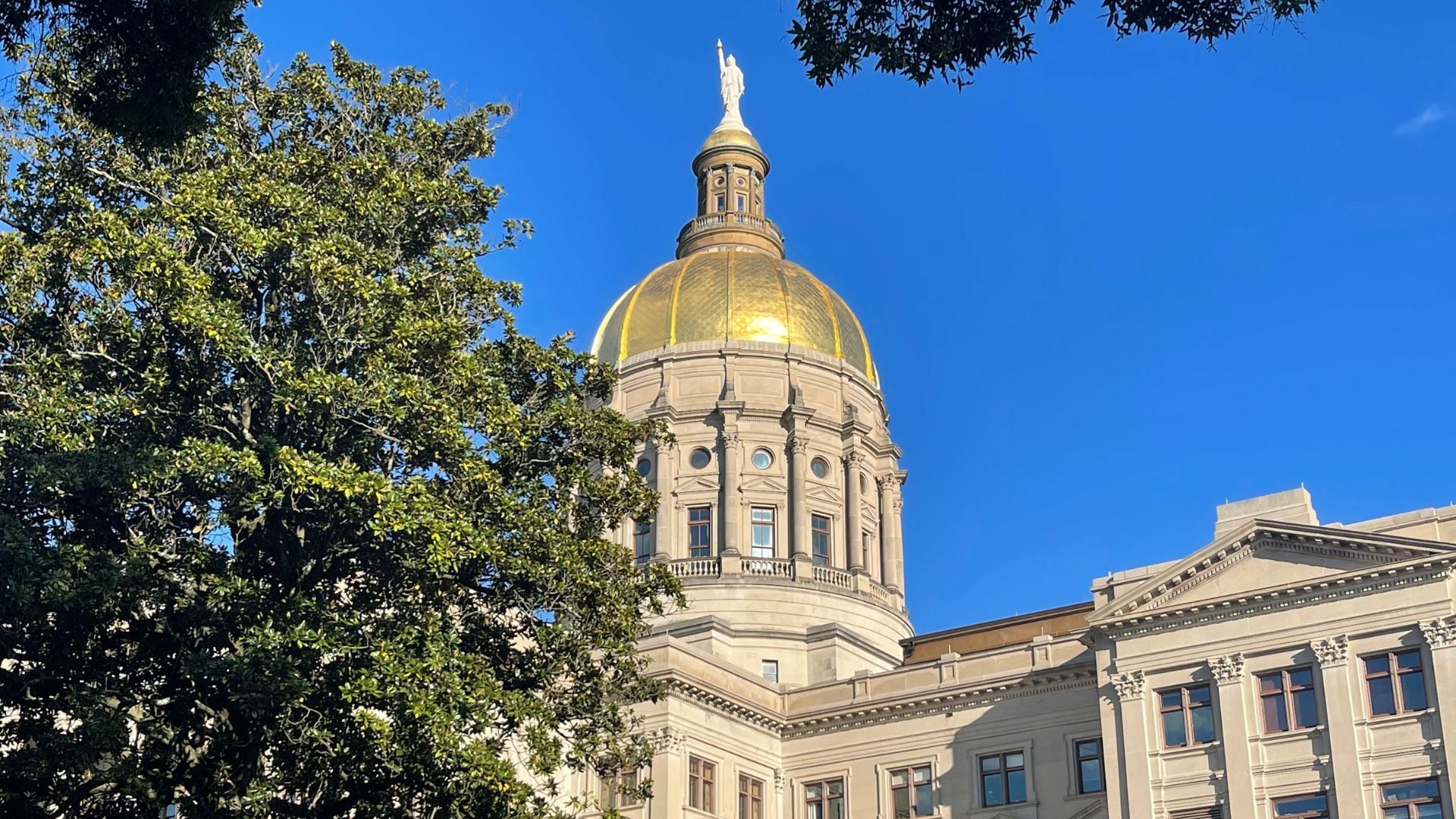Ga. lawmaker targets speed-trap towns, including 7 in CSRA
ATLANTA, Ga. (Atlanta News First) - A Georgia lawmaker is trying to pump the brakes on a longtime police practice that generates millions for small cities off the backs of drivers.
State Rep. Joseph Gullett (R-Dallas) filed a bill Monday that would cap the amount of revenue cities can collect from fines and forfeitures through traffic enforcement to 10 percent of their annual budgets.
Citation revenue collected above that threshold would be sent a state fund. Details of how that money would be used has not been determined, but Gullet said it could be used to aid crime victims or for public safety measures.
Ga. lawmakers may force school districts to accept tax-hike cap
Local school districts are trying to use an escape hatch to opt out of a new cap on property tax hikes – and some Georgia lawmakers aren’t happy with that.

Gullett’s bill doesn’t prevent law enforcement from writing tickets, but it would provide less financial incentive for issuing tickets.
“If it’s a public safety issue, they can still write tickets because that’s important,” he said. “But they won’t financially gain from continuing to write tickets.”
IN THE CSRA
Speed traps: Here are the key offenders
- At least 17 municipalities in Georgia have historically gotten 25% or more of their revenue from fines and forfeitures. In the CSRA, those communities include:
- » Blythe, which got 36% of its revenue in 2019 from fines and forfeitures, although that number was down to 7.1% by 2022.
- » Bartow, which got 27.8% of its revenue from fines and forfeitures in 2019, a number that rose to 29.5% in 2022.
- » Hiltonia, which got 57.6% of its revenue from fines and forfeitures in 2019, although that had declined to 38.4% by 2022.
- » Oliver, which got 64.1% of its revenues from fines and forfeitures in 2019. Numbers weren’t available for 2022.
- » Rocky Ford, which got 54.6% of its revenues from fines and forfeitures in 2019, a number that had fallen to 39.4 by 2022.
- » Stapleton, which got 39% of its revenue from fines and forfeitures in 2019, a number that held relatively steady in 2022, clocking in at 37.8%.
- » Stillmore, which got 48.2% of its revenues from fines and forfeitures in 2019. Numbers weren’t available for 2022.
Georgia’s current law allows the state to revoke speed detection device permits from cities when ticket revenue exceeds 35% of the police department’s budget. That cap only involves tickets for speeding-related fines. It doesn’t for other traffic violations like tinted windows, obscured license plates and other moving violations.
Gullett wants to close that loophole.
Georgia is fifth highest state with unfixed vehicle recalls
A new study from CARFAX shows Georgia is the nation’s fifth-highest state for vehicles that have at least two or more unfixed recalls.

“I want people to understand the police are there to do the right thing, and your government works for you and it’s not a profit center,” he said.
The Georgia Association of Chiefs of Police said there’s room for improvement to address law enforcement used for profit but did not immediately endorse the legislation.
“Let’s deal with the bad actors abusing the system as opposed to restricting everyone,” said Butch Ayers, executive director.
Georgia Republicans praise Trump’s immigration crackdown
Crackdowns by federal immigration agents in Georgia and elsewhere are winning praise from Republican leaders in the Peach State.

Gullett said his legislation is not a referendum on policing. He points out his long-time of law enforcement, including serving as past president of Paulding Public Safety Appreciation, a nonprofit that financially s first responders in need. According to its website, it donated more than $250,000 in 2024 to first responders.
“We have problems all throughout government,” he said. “This is one that I believe that we can fix, and it’s time for us to fix it.”
Copyright 2025 WRDW/WAGT. All rights reserved.















